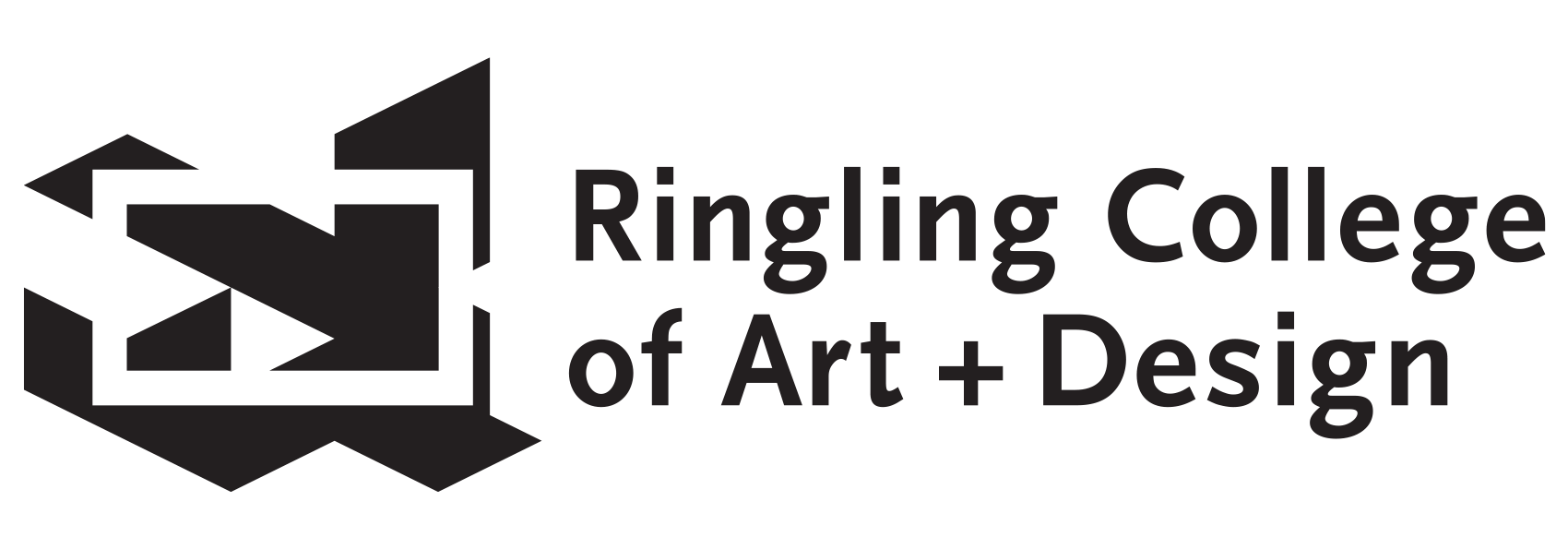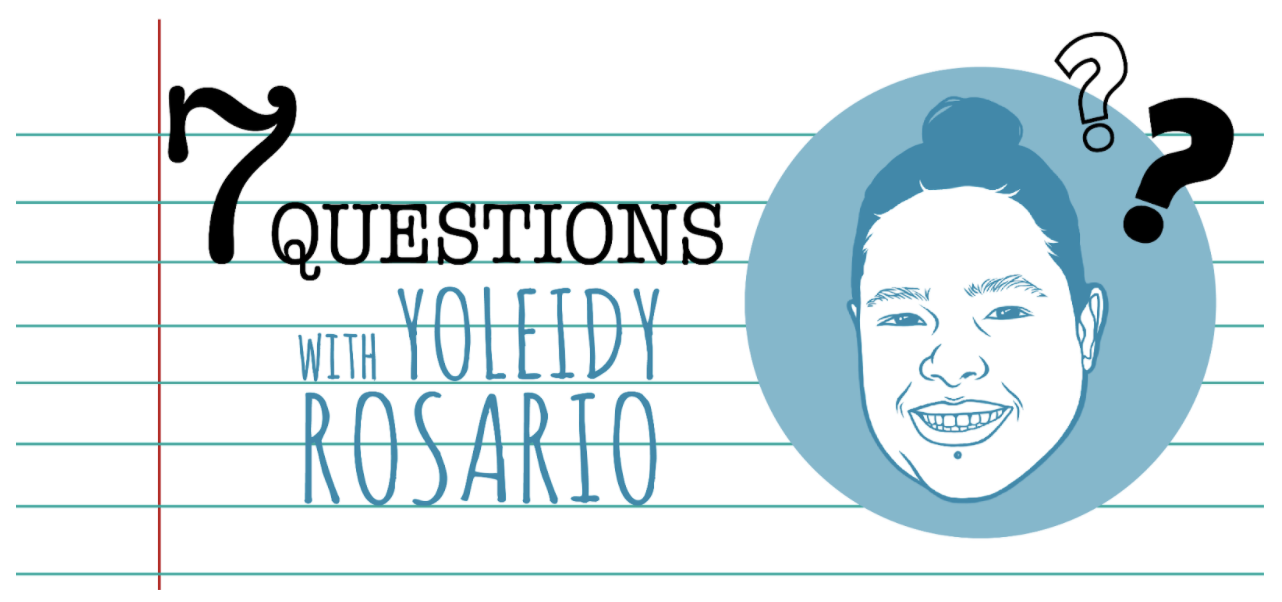Tell us about some of the people you work with, and what inspires you to want to help them…
Rosario: I am from New York City and I grew up in a very diverse and inclusive environment. After I left, I realized that even in New York City, there’s a lot of division when you look at who can afford to live in certain areas and who has access to health care and other things. Originally, I went to school for theater and I wanted to teach high school. When I was an undergrad in college, I was extremely active as a student in groups including Latino associations and our Black Civilian union, because of the kind of personal experiences that I was having as someone who is trans, part of the LGBT community, and a person of color. I found myself in a predominantly white institution, in a predominantly white city where I became one of the people that became very visible when I walked into a room. So, I stood out … a lot. I became active to ensure that when I left, it would be a better place for other students.
At one point, I dropped out. But members of the faculty and staff gave me the support that I needed to come back and finish school. That changed my perspective, and I wanted to give back to others. In coming to Ringling College, I want to create a place where people feel like they belong so they feel like their identity is being respected and seen, but in ways that are positive and constructive, so they can be successful. That’s why I do what I do. Today I work with a variety of different groups, people from a variety of walks of life with varying identity experiences, cultural backgrounds, religious backgrounds, abilities, social identities, etc.
What led you to the arts and then into multi-cultural affairs?
R: Growing up in New York City, I was exposed to a lot of music, which was healing for me, as were basketball and sports and the arts. They gave me a safe space where I felt I could say what I needed to say. In high school in New York City, I was in the graphics and illustration program. Back then, because I was undocumented, when my family would travel back home to the Dominican Republic, I was not able to go with them. That meant that I had to do other things in the summer. I went to a college prep program at City College, where I was exposed to the theater scene, focused on playwriting, directing, and acting. I discovered that people like myself didn’t have a lot of opportunities in the theater. There were a couple of playwrights out there, but most weren’t on Broadway. They were more likely to be found off-Broadway, or off off-Broadway.
When I went to college, I continued with theater because I thought it was something I wanted to do as a creative person. I lived in two worlds: a creative one at night, and my day job so I could survive. But my day job had to be something that I was passionate about. Going to grad school for Multicultural Affairs spoke to me, because it allowed me to create spaces for other students and folks like myself. I could create access and change campus cultures. In the course of my life, I’ve worked in the theater at night, and during the day I’ve worked with students in higher education. I’m excited, because at Ringling I think I can blend those things. I’m thinking about how so many folks here are creative, and are looking for those kinds of avenues. What part does identity, diversity, and inclusion have in theatre, performance, graphic design, film, or motion design? Here, we are looking for those creative spaces, to be more inclusive, and, in that way, progress as a society.
What did you learn from working in the arts that translated into your current position?
R: I think there are a lot of things, including how to have a meaningful dialogue with the community. When you are a creative person, you try to communicate your thoughts in an ethical and responsible way, thereby holding yourself accountable. But you also think about how you’re serving your community. And so, for me, being in the arts has taught me to communicate about those things in a way that’s not jarring or pushes people away from the conversation. Instead, we figure out constructive ways to move forward.
You have been the Director of the Women and Gender Resource Center at University of Arizona, a stage manager, Youth Programs Coordinator at the Salvation Army, and so much more. What have you learned?
R: I’ve held a lot of different roles that have created accessibility to a lot of different perspectives. When I was at the University of Arizona, I was the director of the Women and Gender Resource Center and the Survivor Advocacy program, where we worked for gender equity on campus. We also provided and created a program for students who experienced sexual assault and gender-based violence.
My passion has always been working with youth. While I work with college age kids on a day-to-day basis, I also worked in a Salvation Army, working with children from 5 years old to 18 years old. When you think about diversity and inclusion, you can’t just start when someone is grown or coming into their own identity. When they are 5 or 6, there are still a lot of questions about being a person of color that need to be answered. My work includes ensuring that our youth knows our history. They must know the strife of those who came before us, how they fought for civil rights in this country. There’s a movement right now across the U.S. where some are trying to change the history books. For example, instead of saying that African-Americans were enslaved, they’re saying that they were volunteers or servants. When you’re in college, not only are you trying to find out who you are and what your purpose in life is, but also how to deal, manage, and heal from our history.
What lead you to become the Associate Dean of Students for Diversity and Inclusion & Director of the Center for Diversity and Inclusion at Ringling College? And specifically, why Ringling?
R: Ringling College felt like a place that I could start something new and think about creating a social justice art institute – a space for healing. Ringling felt like a good place to figure out how to do that with the population that we have, as well as on international and global terms, as well. Ringling has a really large international student population, and we are growing. We are a diverse campus. These students are the people who will be creating and influencing the film industry, influencing the game industry, those who will be leading the non-profit sectors, and creating the messages that our youth will be seeing 5, 10 and 20 years from now. So, the people creating that work should be definitely engage in thinking about ethics and how to be inclusive in the work that they do, so that we can have messages from which our youth can benefit. As I learn about all of the majors offered at Ringling College of Art and Design, I will learn how to impact those departments through diversity and inclusion initiatives.
What was it like growing up and being the first-generation Afro-Latinx?
R: When I think about my childhood, it feels a lot like a movie. I went through a lot growing up, identifying as both Latino and Afro-Latinx. To be a first-generation student meant a lot to my family. My mother never went to school and my dad probably had a fourth-grade education. No one in my family had ever gone to college.
Coming from New York, one of the things that I heard from one of the teachers was that I shouldn’t speak colloquial language. “You need to leave that in the Bronx, where it belongs,” she told me, which meant that I couldn’t communicate the way that came naturally to me. One of the things that she asked me was, “Do you want to do a lot with this social justice activism or do you want to grow up just thinking about those things, knowing that in order to do something you have to be invited to the table?”
What she was saying – now that I have reflected on it – was that I needed to change who I was in order to even start that conversation. I could no longer be myself. And assimilation has been traumatic for people of color throughout history because we give up who we are. We lose our history, we lose our language, we lose our hair, we lose all of these things. In some ways, I have negotiated and lost parts of myself.
When I think about becoming a first-generation graduate, I think about my own personal success and growth, but also the pain of knowing that now I’m not white enough to be in a white space, and I’m no longer black or Latinx or indigenous enough when I go back home to be 100 percent of who I truly am. I call that “lost in translation.” I’m lost between what is expected of me to be in America and what my family wants, and also honoring all of those cultures and traditions that are part of who I am. Has there been a lot of growth? Absolutely! And while, I’m happy that I was the first of six in my family to attend college, it came with a price. I think a lot of us, in communities of color and indigenous circles, we’re trying start those conversations of how to be authentically ourselves within our cultures and still feel like we have access to education and other opportunities.
Pick One:
Hamilton or Madea?
R: Hamilton, but I respect what Tyler Perry has done with Madea.
Romeo and Juliet or Julius Caesar?
R: Neither.
Winter or summer?
R: Neither. I love fall and spring.
New York or Florida?
R: New York, it’s home.
Poet or Actor?
R: Poet



